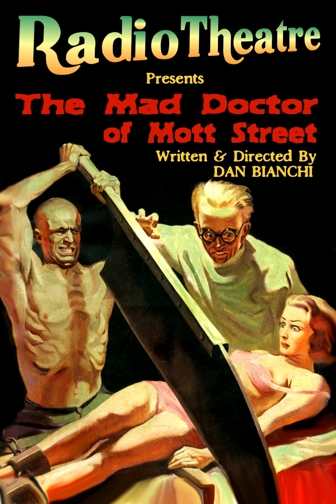Shadow play
House defies Bush, OK's drug planSoon as the morning shades prevail, the Times takes up the wondrous tale:The US House of Representatives, in repudiation of President George W. Bush's Medicare prescription drug plan, yesterday passed a bill requiring the government to negotiate drug prices with pharmaceutical companies.
....Several government officials.... said enabling Medicare -- through the secretary of health and human services -- to negotiate with drug companies would not drastically cut drug prices.
The bill "would have a negligible effect on federal spending because we anticipate that the secretary would be unable to negotiate prices across the broad range of covered Part D drugs that are more favorable than those obtained by the prescription drug plans," wrote the Congressional Budget Office, a nonpartisan research arm of Congress....
Senator Max Baucus , Democrat of Montana who helped negotiate the 2003 law, said he supports giving Medicare the ability to negotiate with drug makers.
http://www.nytimes.com/2007/01/12/washington/12drug.html?ref=politics
Bush Threatens Veto of Medicare Drug Bill, but a Senator Is Seeking a Middle GroundHere's the WaPo -- nothing like three-part counterpoint, so playable, so transparent:WASHINGTON, Jan. 11 — President Bush threatened on Thursday to veto legislation that would require the government to negotiate with pharmaceutical companies to obtain lower drug prices for Medicare beneficiaries.
But chances for passage of some version of the legislation increased when a pivotal figure, the chairman of the Senate Finance Committee, said Congress should repeal a provision of the 2003 Medicare law that prohibits such negotiations. The chairman, Senator Max Baucus, Democrat of Montana, said he did not favor price controls, but did believe that Medicare should be able to negotiate prices in “discrete areas where seniors need our help the most.”
Drug Bill Demonstrates Lobby's PullWell, after a little triangulation, maybe it's not so hard to understand after all.
Democrats Feared Industry Would Stall Bigger ChangesBefore taking control of the House last week, Democratic leaders briefly considered proposing a new government-run prescription drug program as a way to reduce seniors' drug costs, according to Democratic aides and lawmakers involved in the deliberations.
But House Speaker Nancy Pelosi (D-Calif.) and her allies chose a far less ambitious plan -- to require the government to negotiate for lower Medicare drug prices.... They stepped back largely out of concern that the pharmaceutical industry would stall a complex change, denying them a quick victory on a top consumer-oriented priority....
To strengthen their position, drug firms and their trade groups have been transforming their Washington operations by hiring top Democratic lobbyists to gain access to new committee chairmen, bolstering Democratic political donations....
Even longtime industry nemeses like Rep. Fortney "Pete" Stark (D-Calif.), chairman of a House health panel, are impressed. "They're pretty potent," he said this week. "They're not bush-leaguers when it comes to spending money and lobbying."
Democrats... now that they have a chance to rewrite the law... are pressing for what party leaders concede is only a minor alteration. "This is a first step," said Rep. Charles B. Rangel (D-N.Y.), chairman of the House Ways and Means Committee.


































